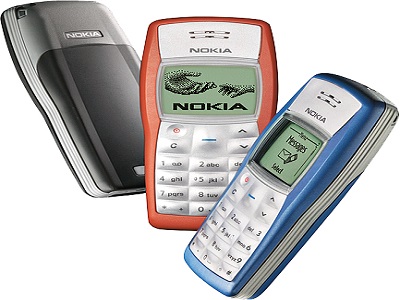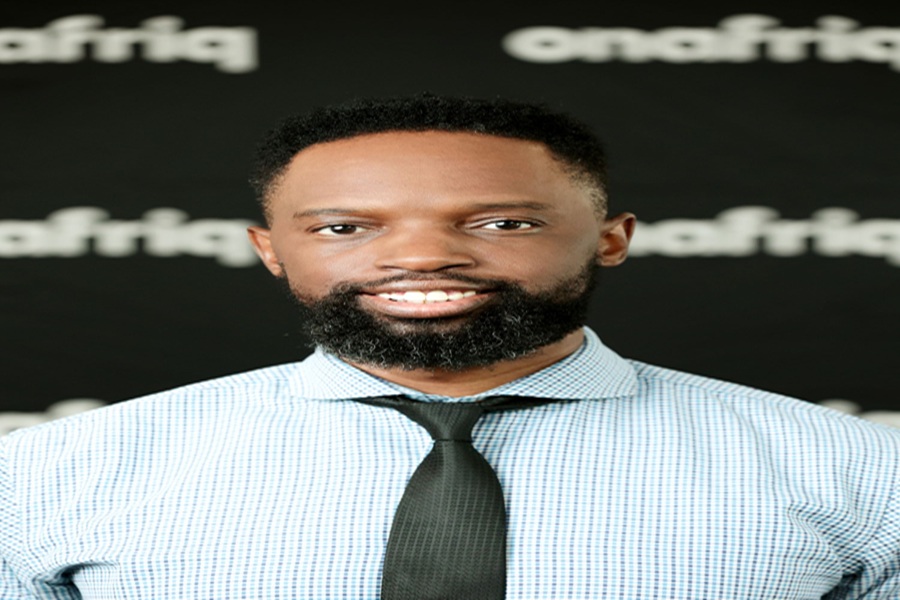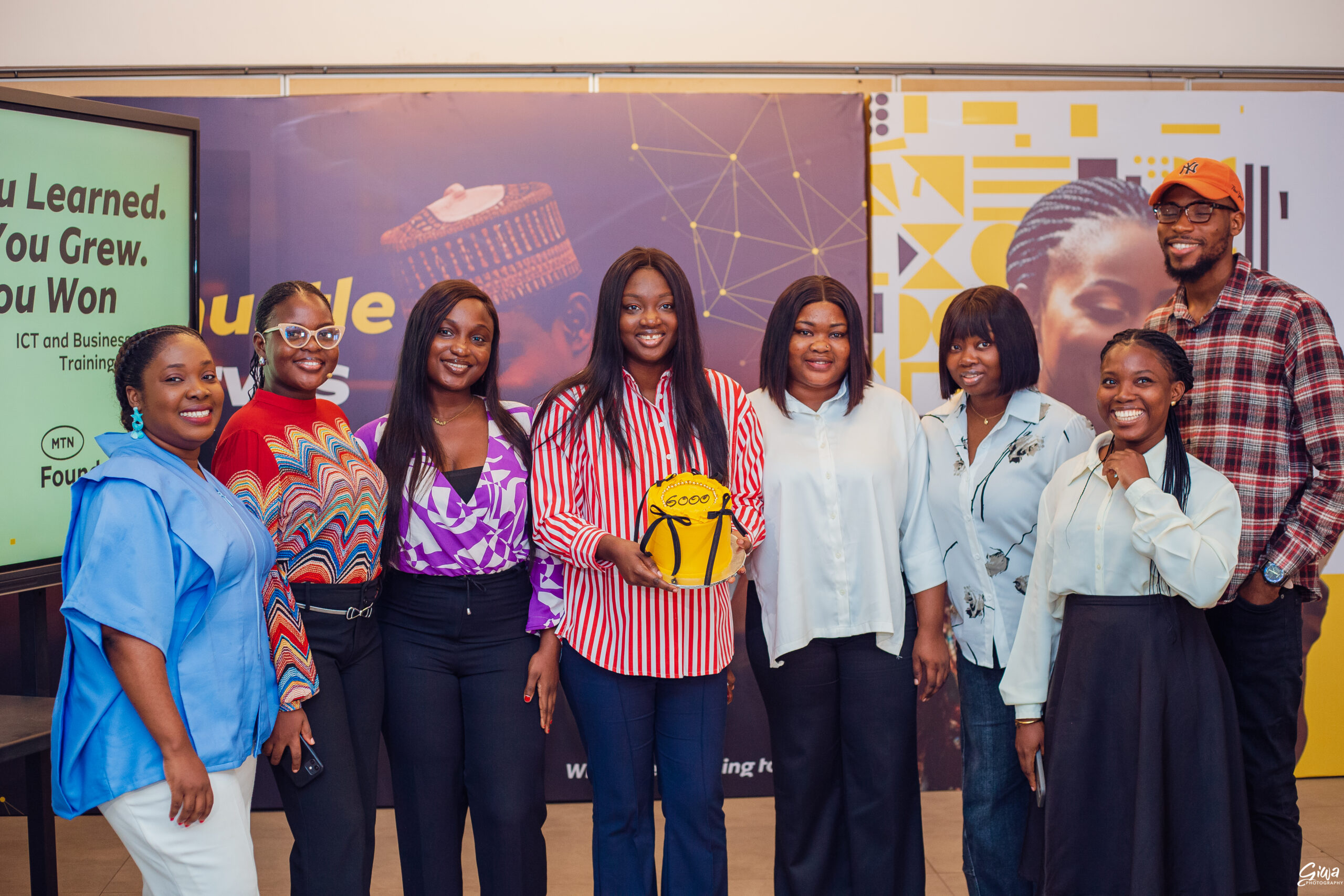Telecom
A Decade On – Nokia’s Record Breaking Phone

Ten years ago, Nokia showed off a new mobile phone that was destined to become the world’s most popular mobile phone ever.
With over 250 million sold, the Nokia 1100 mobile phone was announced in August 2003, and went on sale shortly afterwards. By May 2007, sales had reached 200 million, and has since risen to an estimated 250 million, although the phone is now discontinued.
When launched, the world had 1.2 billion mobile phone users, and Nokia was predicting that it would reach 2 billion in 2008. Today, it is estimated that there are around 6 billion phone accounts in use, although that number is boosted by high use of multiple SIM cards by customers in many developing countries.
When Nokia announced that it had shipped its billionth mobile phone in November 2005 — it was a Nokia 1100 that came off the factory assembly line.
The phone offered a reliable simplicity and was aimed at the developing markets, where its sealed keypad and non-slip sides for dusty and wet climates, plus a built-in torch made it exceptionally popular. With a standby time of up to 400 hours, it was ideal for countries with intermittent electricity supplies.
A batch of Nokia 1100 handsets made in Nokia’s since closed factory in Bochum, Germany later fetched huge prices on the black market in 2009 when it was found that a software flaw made it easier to reprogramme the handsets to intercept SMS messages being sent to online banking customers.
Originally nicknamed the “penny” when under development, it adopted Nokia’s classic numerical naming convention when announced in August 2003.
The display screen was rudimentary, even by the standards of the time, with 96×65 pixels, but more usefully, up to 4 lines text messaging, a changeable font size and predictive text long before it was popularised by Apple’s spelling mistakes.
The phone also came with Snake — reputed to be the world’s most widely played computer game after it was put in most Nokia phones.
However, announced at the same time as the Nokia 1100, the comparable Nokia 2300 faded into obscurity as its more famous brother soared up the sales charts.
A decade later, the Nokia 1100 is still the world’s most popular mobile phone ever sold.
Telecom
Onafriq, PAPSS Launch Wallet-Based Payments Pilot from Nigeria to Ghana

Onafriq Nigeria Payments Ltd, a CBN licenced payment service provider, partners with The Pan-African Payment and Settlement System (PAPSS) to pilot the continent’s first wallet-based outbound payments from Nigeria to Ghana – fully in Naira and instant, without relying on hard currency conversion, in partnership with Banks and Mobile Money Operators.

The pilot service, approved by the Central Bank of Nigeria (CBN), enables cross-border intra-Africa payments for individuals, merchants, and traders.
In particular, the service will benefit SMEs, the real engine of intra-African trade; all now have access to a faster, cheaper way to reach customers and suppliers across the border.
By reducing barriers to cross-border trade, the new service will allow these businesses to grow their addressable markets and activity. From the 1st of December, this service will be fully operational for a 6-month period.
Through the partnership with PAPSS, Onafriq is supporting the operationalization of the AfCFTA (Africa Continental Free Trade Area) mandate.
The mandate itself is driving tariff-free trade for the 54 member states of AfCFTA. Within the partnership itself, Onafriq provides the mobile money rails, with an ecosystem consisting of over 1 billion mobile wallets.
Meanwhile, PAPSS brings a network of over 160 commercial banks, representing an ecosystem of more than 400 million bank accounts across its 19 African countries of operation.
The two partners are essentially seamlessly connecting two worlds: mobile money and banking. As a consequence, intra-African trade transactions will take place more easily and opportunities will be created.
Currently, Africa is made up of bank and mobile-led markets, with siloes often inhibiting transactions between these economies. However, this partnership will remove these boundaries. With over one billion mobile wallets and 500 million bank wallets across Africa, this partnership will allow for cross-border collaboration at scale.
This partnership builds on Onafriq and PAPSS’ existing partnership for payments into Ghana, announced earlier this year.
Mxolisi Msutwana, Managing Director Anglophone West Africa said, “Our work with PAPSS shows what collaboration at scale can unlock—seamless, secure connections between banking systems and mobile money ecosystems.
“This is how we open bi-directional trade corridors, reduce costs for businesses, and give African enterprises the rails they need to trade with confidence in their own currencies. The vision is continental, but it starts with practical steps like this one.”
Ositadimma Ugwu, Chief Information Officer, PAPSS, added “Too often, African businesses and individuals see borders as roadblocks instead of opportunities. With this step, we’re challenging that mindset, giving Nigerians the ability to send value next door with the same ease as sending a text message.
“Our vision is simple: make Africa’s borders invisible to payments. This pilot makes that a reality, moving us closer to a continent where payments don’t pause at the border.”
This new Nigeria-to-Ghana outbound capability builds on the successful Ghana-to-Nigeria instant payments corridor launched earlier this year – further proof that Africa’s payments future is local, instant, and inclusive.
Telecom
MTN Powers 6,000 Young SMEs with Digital Skills in Economic Backbone Boost

MTN Foundation has kicked off the year with its five-week Digital Skills Training programme, upskilling 6,000 young Nigerians. The programme, which is in its fifth week commenced in January 2026.

MTN
The seventh phase of the project is focused on supporting Nigeria’s microbusiness to embrace digital transformation, at a time when SMEs remain the backbone of the Nigerian economy.
According to the National Bureau of Statistics (NBS), SMEs account for over 90 per cent of businesses in Nigeria and employ a significant portion of the country’s workforce, underscoring the importance of initiatives that strengthen their productivity and sustainability.
Following a one-month call for applications in September 2025, which saw almost 64,000 entries from Nigerians between the ages of 18 and 35, the 6,000 selected microbusiness owners have embarked on a five-week training that will end in February 2026.
The virtual training programme began with a general onboarding session that brought together participants across four business tracks and set the foundation for a four-week programme focused on practical digital strategies for business growth.
Microbusiness owners from sectors including circular economy, agriculture, food services, fashion, retail, logistics, beauty, and printing attended the training.
At the heart of the training is the principle that digital transformation has the capacity to enable small businesses scale and become more efficient. Participants were encouraged to start small, digitise repetitive tasks, and scale gradually using the Kaizen approach of continuous improvement.
This mindset allows them to see technology as a practical enabler of growth rather than a barrier. As the training progressed, the participants also learned about telesales and cybersecurity.
Speaking on the importance of the initiative, Odunayo Sanya, Executive Director of the MTN Foundation, said the programme is designed to equip young microbusiness owners with skills that directly address real business challenges.
“Small businesses are the backbone of our economy, and enabling young people adopt simple digital tools can make a real difference in productivity, sustainability, and long-term growth,” she said.
She also mentioned that the top-performing 600 participants will receive equipment grants of N600,000 each at the end of the programme.
Participants will continue to access learning materials and session recordings for the 5-week course, ensuring that digital adoption extends beyond the classroom. By combining practical guidance, relatable case studies, and continued support, the programme reinforces the message that digital growth for SMEs is achievable leveraging on technology.
Telecom
Airtel Nigeria Commits to Boosting Nigeria’s Digital Infrastructure

Airtel Nigeria has reaffirmed its long-term commitment to strengthening Nigeria’s digital infrastructure and data access to bridge gaps in connectivity and unlock new opportunities in the country.

The company restated this commitment during a recent high-level inspection tour of the Nxtra Data Centre that is being developed through Nxtra by Airtel Africa at Eko Atlantic, Lagos, the highly rated smart city with ambition to become the Data Centre hub of Nigeria.
The inspection tour was led by the Chief Executive Officer of Airtel Nigeria, Dinesh Balsingh and the Chief Executive Officer of Nxtra by Airtel Africa, Yashnath Issur, with the esteemed chairman of Eko Atlantic Mr. Gabbi Massoud, the CEO of the lead Engineering firm Design Group Limited, Mr. Bayo Odunlami and tech journalists.
The Nxtra Data Centre went through a stringent design validation process and cleared the approval to proceed construction from Eko Atlantic.
Commenting on the developments, Mr Issur said the site visit was a milestone marker and an indication of the company’s commitment to delivering the world-class digital facility on time and ensure that, ultimately, the investments deliver reliable, secure, world-class services for Nigeria and the rest of the continent.
“This Nxtra Data Centre in Lagos represents a critical part of our long-term vision for Nigeria’s digital ecosystem. Today’s visit allows us to review progress, engage our stakeholders, and ensure that our infrastructure investments continue to meet global standards and local needs.
“This data centre will deliver critical high multi megawatt capacity in line with hyperscale customers and enable high density environment. We are putting the infra to bring the cloud to Nigeria,” he said.
The data centre, set to be the largest in Nigeria, is being established to deliver hyperscale and edge facilities across key African markets. With a load of 38 Megawatts, the Lagos facility is expected to serve as a major hub for data hosting, cloud services, content distribution, artificial intelligence, and enterprise solutions in West Africa.
In his remarks, Mr Balsingh reiterated that the data centre was progressing steadily towards the previously announced 2028 go live date.
“Since the announcement of this project, our focus has been on building a world-class facility that supports Africa’s digital transformation agenda. We are encouraged by the progress recorded so far and remain committed to delivering a secure, energy-efficient, and future-ready data centre for Nigeria,” he said.
During the tour, stakeholders were ushered through key sections of the site, including piling zones, where required structural requirements have been tested. Technical teams provided briefings on infrastructure design, security architecture, redundancy systems, and sustainability measures being implemented to ensure reliability and operational excellence.
Strategically located close to major fibre routes and undersea cable landing stations, the Eko Atlantic data centre is designed to enhance Nigeria’s data sovereignty, reduce latency, and improve access to reliable digital services for private and enterprise customers, significantly boosting the country’s data hosting capacity and supporting emerging technologies such as artificial intelligence and cloud computing.
Mr. Massoud noted that the inspection tour underscored the city’s dedication to infrastructure of global relevance.
“Eko Atlantic as a city with high quality infrastructure will contribute positively to boost the economy of Nigeria and is a perfect place for the development of the digital infrastructure of Nigeria. The Nxtra data centre reflects the calibre of projects we seek to attract — long-term, technology-driven investments built to the highest global standards.
Today’s visit affirms the rigour of the planning and execution process by Nxtra, and the commitment of Eko Atlantic to facilitate and promote the Nigeria’s evolving digital ecosystem,” he said.
Through this ongoing investment, Airtel Nigeria and Nxtra continue to demonstrate their commitment to building infrastructure that enables innovation, supports economic development, and accelerates Nigeria’s digital transformation.
Nxtra by Airtel is developing a network of hyperscale data centres across the continent. Besides Lagos, construction of a new data centre has also commenced in Nairobi, Kenya and the Democratic Republic of Congo.

 Telecom2 days ago
Telecom2 days agoTelecom Operators Invest Over $1Bn on 2,850 New Sites in 2025 – NCC

 E-Financial2 days ago
E-Financial2 days agoIf Capital is the Answer, What Exactly is the Problem with First Holdco

 E-Financial2 days ago
E-Financial2 days agoAmaanah Finance to Unveils Non-Interest Banking Services Today

 General News2 days ago
General News2 days agoFirst Trustees to Host 8th Islamic Estate Planning Clinic in Abuja

 News2 days ago
News2 days agoNSCDC Hands over Fake Crypto Currency Trader to EFCC

 News2 days ago
News2 days agoAlakija’s Flourish Africa Provides N300m Grants for Women Entrepreneurs

 General News2 days ago
General News2 days agoSecurity Forces Probe Use of Drones by Terrorists

 Broadcasting2 days ago
Broadcasting2 days agoNew Horizons Nigeria Breaks Ground: First to Fuse Mandarin into ICT Curriculum



























